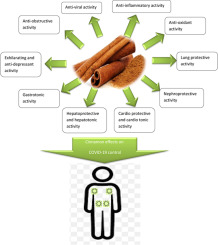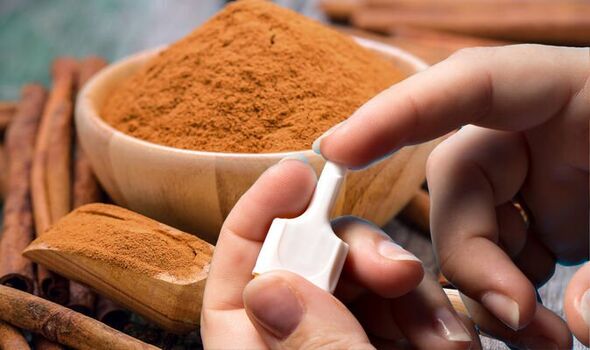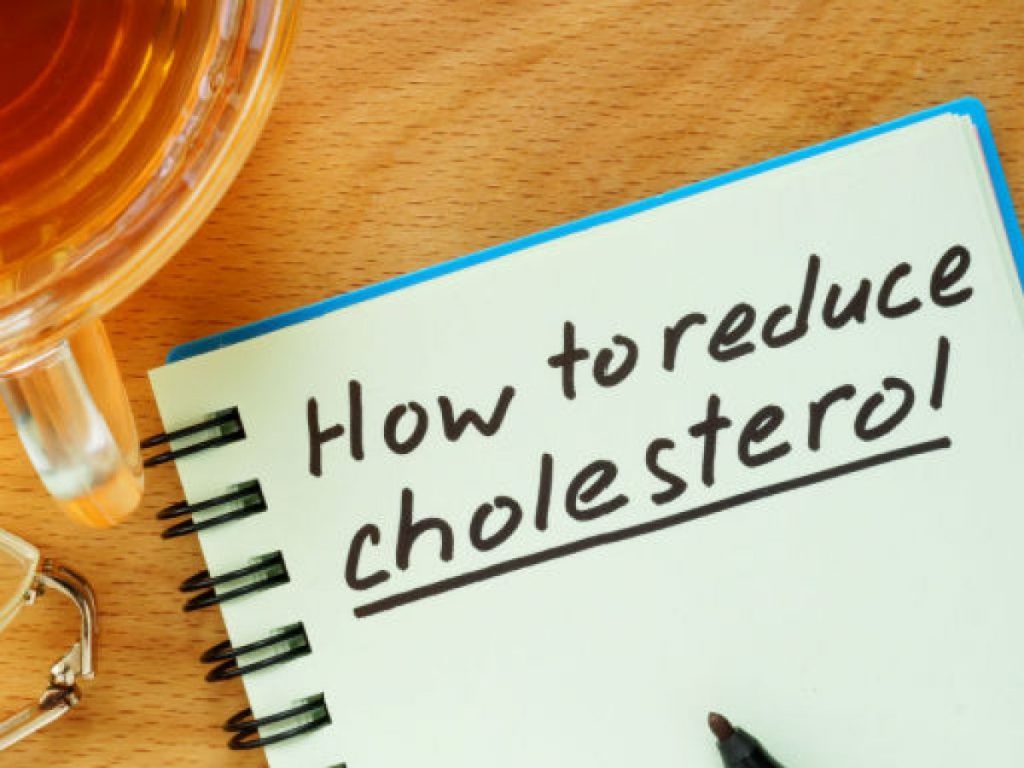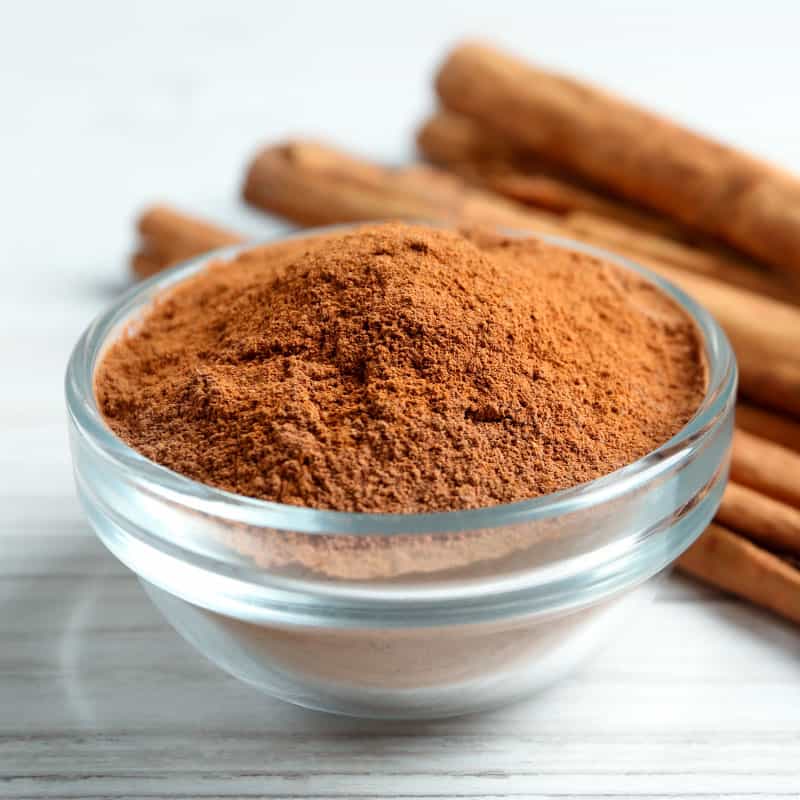Heart disease remains a leading cause of morbidity and mortality worldwide, prompting ongoing research into potential preventive measures. Among the various dietary components that have gained attention for their potential cardiovascular benefits, cinnamon is a popular spice with intriguing properties.

This article aims to explore the existing evidence on whether cinnamon can play a role in preventing heart attacks, delving into scientific studies and discussing the limitations of the current knowledge.
Historical Perspective of Cinnamon:
Cinnamon, derived from the bark of trees belonging to the Cinnamomum genus, has been used for centuries for its flavor and potential medicinal properties. Traditional medicine systems, particularly in Ayurveda and traditional Chinese medicine, have employed cinnamon for various health purposes, including managing conditions related to the cardiovascular system.
During the Middle Ages, cinnamon became a coveted commodity in Europe, but its source remained a mystery. This mystery led to the creation of fantastical tales, such as the cinnamon bird myth, where the spice was thought to be collected from bird nests atop towering cliffs. Eventually, Portuguese explorers in the 16th century uncovered their true origins, establishing direct trade routes with the spice-producing regions.

Today, cinnamon continues to be a globally cherished spice, enjoyed in culinary delights and valued for its cultural and historical resonance.
Bioactive Compounds in Cinnamon
Cinnamon is not only celebrated for its distinctive flavor but also for the presence of bioactive compounds that contribute to its potential health benefits. One of the key components is cinnamaldehyde, responsible for the characteristic aroma and flavor of cinnamon. Cinnamaldehyde possesses anti-inflammatory and antimicrobial properties, making cinnamon a historically significant spice with applications in traditional medicine.

Moreover, cinnamon contains cinnamic acid and its derivatives, which exhibit antioxidant effects. These compounds help combat oxidative stress in the body, potentially reducing the risk of chronic diseases. Additionally, cinnamon is a rich source of essential oils, including eugenol and linalool, known for their anti-fungal and anti-bacterial properties.
Polyphenols, such as procyanidins and catechins, are also present in cinnamon. These bioactive compounds contribute to the spice’s antioxidant capacity, supporting overall health by neutralizing free radicals in the body.
Research suggests that cinnamon may have potential benefits for managing blood sugar levels, reducing inflammation, and improving heart health. However, it’s important to note that while cinnamon offers these bioactive compounds, moderation is key, as excessive consumption may lead to adverse effects. Understanding the intricate profile of bioactive compounds in cinnamon provides valuable insights into its potential role in promoting health and wellness.
Effects on Blood Sugar Control
Cinnamon has garnered attention for its potential positive effects on blood sugar control, particularly in individuals with diabetes or those at risk of developing insulin resistance. Studies have suggested that compounds in cinnamon, such as cinnamaldehyde and proanthocyanidins, may enhance insulin sensitivity and help regulate blood sugar levels.

Research indicates that cinnamon may reduce insulin resistance by activating insulin receptors, thereby facilitating the uptake of glucose into cells. This can lead to improved glycemic control and potentially lower fasting blood sugar levels.
Moreover, cinnamon may slow down the absorption of glucose in the digestive tract, reducing post-meal spikes in blood sugar.
Several small-scale clinical trials and animal studies have provided encouraging results, showing that cinnamon supplementation may contribute to better glycemic control. However, it’s essential to note that individual responses to cinnamon can vary, and more extensive, high-quality research is needed to establish definitive recommendations.
While cinnamon shows promise as a complementary approach to managing blood sugar levels, it should not replace conventional diabetes treatments. Individuals considering cinnamon supplementation should consult with healthcare professionals, as excessive consumption may have adverse effects, and may interact with medications. Overall, ongoing research explores the potential benefits of cinnamon in blood sugar regulation, offering a promising avenue for those seeking natural strategies for diabetes management.
Cholesterol Control with Cinnamon
Cinnamon has been studied for its potential role in supporting cholesterol control, particularly in managing levels of low-density lipoprotein (LDL) cholesterol, often referred to as “bad” cholesterol. Some research suggests that the bioactive compounds in cinnamon, such as cinnamaldehyde and cinnamic acid, may contribute to cholesterol-lowering effects.

Studies on animals and a limited number of small-scale human trials have shown that cinnamon may have a positive impact on lipid profiles. It’s believed that cinnamon may influence the way the liver processes cholesterol, leading to a reduction in LDL cholesterol levels. Additionally, cinnamon may have antioxidant properties that help prevent the oxidation of LDL cholesterol, which is a crucial factor in the development of atherosclerosis.
While these findings are promising, more extensive research is needed to establish clear guidelines for using cinnamon as a means of cholesterol control. Moreover, it’s important to emphasize that lifestyle factors, such as a balanced diet and regular physical activity, play a central role in cholesterol management.
Antioxidant Capacity
The antioxidant capacity of cinnamon is another aspect that has attracted scientific interest. Antioxidants play a crucial role in neutralizing free radicals, which can damage cells and contribute to the development of chronic diseases, including heart disease. Cinnamon’s ability to scavenge free radicals may contribute to its potential cardiovascular benefits.
Clinical Studies and Observational Data
Several clinical studies and observational data have explored the relationship between cinnamon consumption and cardiovascular outcomes. While some studies have shown positive effects, it’s important to note the heterogeneity of the research findings. Some trials report improvements in blood sugar control, lipid profiles, and other cardiovascular risk factors, while others show no significant effects.

Cinnamon consumption has been explored in cardiovascular outcomes, and while some studies suggest potential benefits, more research is needed to establish definitive connections.
The spice’s bioactive compounds, including cinnamaldehyde and cinnamic acid, have been investigated for their effects on various cardiovascular risk factors.
Some studies propose that cinnamon may positively impact cardiovascular health by improving lipid profiles, reducing levels of LDL cholesterol, and enhancing antioxidant defenses. These factors are crucial in preventing the development of atherosclerosis and reducing the risk of cardiovascular diseases.
Furthermore, cinnamon’s potential to influence blood pressure regulation and improve insulin sensitivity may contribute to its cardiovascular benefits. Research indicates that the spice may have anti-inflammatory properties, which can be advantageous in preventing inflammation-related cardiovascular conditions.
Despite the intriguing findings, it’s crucial to acknowledge the limitations of the current evidence. Many studies are small-scale, and there is a lack of consistency in terms of dosage, duration, and the form of cinnamon used (e.g., powder, extract, or oil). Additionally, individual responses to cinnamon may vary based on factors such as genetics, overall diet, and lifestyle.
Practical Considerations and Recommendations
While the potential cardiovascular benefits of cinnamon are promising, it’s essential to approach its consumption with moderation and as part of a balanced diet. Relying solely on cinnamon, without addressing other lifestyle factors, is unlikely to provide comprehensive protection against heart issues. A heart-healthy lifestyle includes a well-rounded diet rich in fruits, vegetables, whole grains, lean proteins, and healthy fats, as well as regular physical activity and stress management.

Incorporating cinnamon into meals can be a flavorful and potentially beneficial addition. Sprinkle cinnamon on oatmeal, or yogurt, or add it to smoothies for a tasty twist. However, excessive consumption should be avoided, as high doses might lead to adverse effects or interactions with medications.
Individuals with existing health conditions or those taking medications should consult healthcare professionals before significantly increasing their cinnamon intake. It’s important to remember that while research suggests potential cardiovascular benefits, ongoing studies are refining our understanding of the specific mechanisms and optimal dosages.
Ultimately, a holistic approach to heart health, encompassing a diverse and nutrient-rich diet, regular exercise, and stress reduction, remains the foundation for cardiovascular well-being. Cinnamon can be a flavorful and potentially supportive component within this broader context, emphasizing the importance of a well-rounded and sustainable lifestyle for overall cardiovascular health.
Conclusion
Cinnamon holds promise as a potentially heart-healthy spice, with its bioactive compounds exhibiting various properties that may benefit cardiovascular health. However, the current evidence is not conclusive, and further research is needed to establish clear recommendations. Individuals interested in incorporating cinnamon into their diet for potential cardiovascular benefits should do so in consultation with healthcare professionals.
The holistic approach to heart health, encompassing a healthy lifestyle and diet, remains paramount, and while cinnamon may be a flavorful addition, it should not be viewed as a magic bullet for preventing heart attacks. As the scientific community continues to unravel the complexities of cinnamon’s effects on the cardiovascular system, a nuanced and informed perspective is essential for making meaningful dietary choices in the pursuit of heart health.
